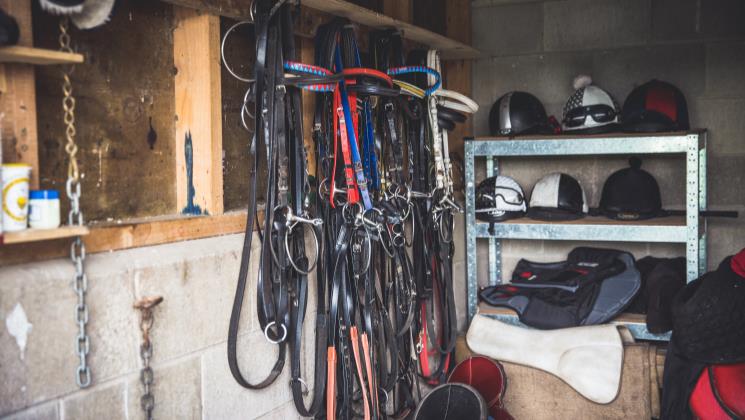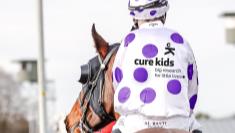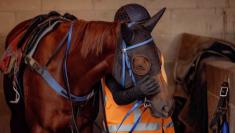
New chairman for IFHA Gene Doping Control subcommittee
The International Federation of Horseracing Authorities (IFHA) Executive Council announced earlier this week that Australia’s Dr Natasha Hamilton would be the new chairman of the Gene Doping Control subcommittee of the Advisory Council on Equine Prohibited Substances and Practices.
Dr Hamilton is the director of the Equine Genetics Research Laboratory in Scone, NSW, and replaces Dr Kanichi Kusano of the Japan Racing Association who remains a member of the subcommittee.
IFHA Chairman Louis Romanet said that it continued to be vitally important that racing and breeding authorities are advised of best regulatory practice of gene therapies and are equipped with sound strategies and guidelines to prevent the misuse of such therapies.
“Dr Kusano has served the IFHA Gene Doping Control Subcommittee with distinction since the Subcommittee’s establishment in 2016, and I’m pleased that he remains a participating member,” Mr Romanet said.
“The IFHA welcomes Dr Hamilton as the new Chair of this important Subcommittee, and we are confident that she will skillfully lead its members in their mission to protect the integrity of horseracing and the Thoroughbred breed by examining genetic and cellular therapies with respect to possible welfare, safety, performance and breeding outcomes.”
The IFHA Executive Council created the Gene Doping Control Subcommittee of the Advisory Council on Equine Prohibited Substances and Practices in March 2016. Its mission statement is to safeguard the integrity of horseracing and the Thoroughbred breed by evaluating genetic and cellular therapies with respect to potential welfare, safety, performance and breeding effects.
The primary objectives of the Gene Doping Control Subcommittee are to:
· clearly define ‘gene doping’, ‘gene therapy’, ‘cellular therapy’ and 'cellular doping'
· give consideration to present and future ‘gene therapies’ and 'cellular therapies', as required by racing and breeding authorities
· make clear which genetic and cellular practices have no place in horseracing and breeding
· provide guidance for the proper control of legitimate ‘gene and cellular therapies’
· suggest revision to Articles 6, 12 and 13 of the International Agreement of Breeding, Racing and Wagering, where necessary
· recommend systems and policies for the detection of gene and cellular doping in horseracing
The International Federation of Horseracing Authorities (IFHA) comprises 60 members which are the national racing authorities across the globe which stage Thoroughbred races.
Major areas of the IFHA’s activities include:
· Making and amending the International Agreement on Breeding, Racing and Wagering (the IABRW)
· Policy development relating to welfare and safety of horses and riders
· International Race Planning and Grading (“black type”)
· World Rankings
· Equine Prohibited Substances and Practices
· Harmonization of Race Day Rules
· Certification of IFHA Reference Labs
· Fostering commercial development of the racing industry globally
The IFHA is a foundation member with Fédération Equestre Internationale (FEI) of the International Horse Sports Confederation and is affiliated to the World Organisation for Animal Health (OIE).









